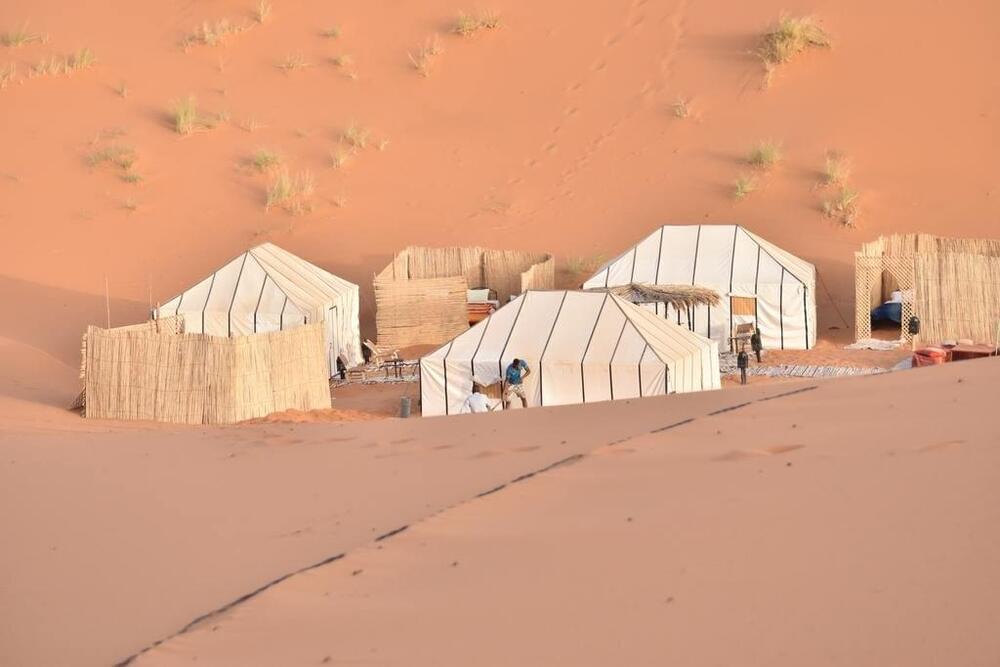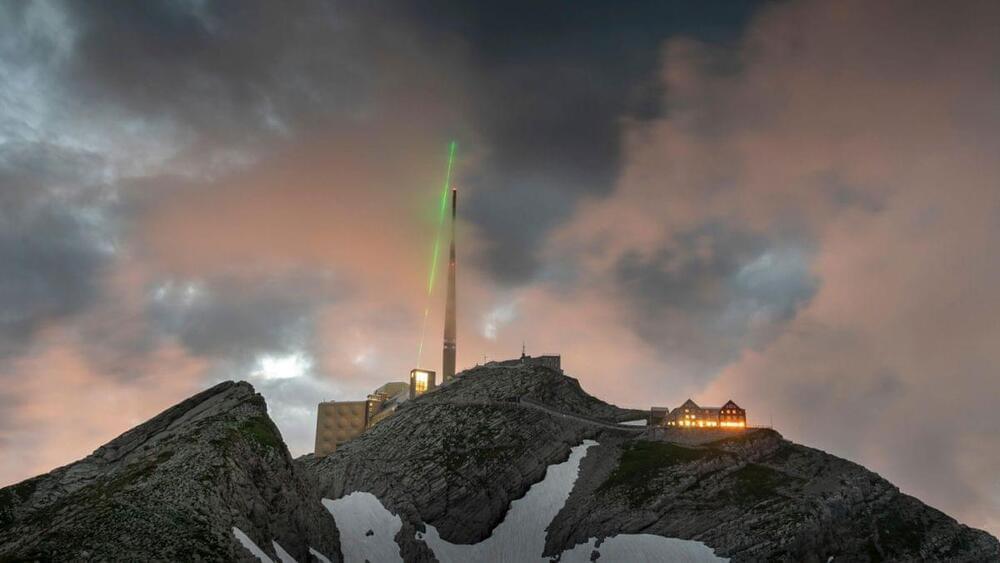Can lightning strike twice? That’s apparently the question being raised today with the public introduction of the next social app built by Instagram’s co-founders, Kevin Systrom and Mike Krieger. The duo have launched a new venture to explore social apps, according to a report published in The Verge, which includes the debut product Artifact, a personalized news reader.
The app itself is not yet publicly available but offers a waitlist where interested users can sign up. As described, it sounds like a modern-day twist on Google Reader, a long-ago RSS newsreader app that Google shut down back in 2013. Except in this case, Artifact is described as a newsreader that uses machine learning to personalize the experience for the end user, while also adding social elements that allow users to discuss articles they come across with friends. (To be fair, Google Reader had a similar feature, but the app itself had to be programmed by the user who would add RSS feeds directly.)
Artifact will first present a curated selection of news stories, The Verge’s article notes, but these will become more attuned to the user’s interests over time. Some of the articles will come from big-name publishers, like The New York Times, while others may be from smaller sites. Other key features will include comment controls, separate feeds for articles posted by people you follow alongside their commentary and a direct message inbox for discussing posts more privately.






 One year ago, the Hunga Tonga-Hunga Ha’apai volcano erupted, causing widespread destruction to the Pacific Island Nation of Tonga. It spewed volcanic material up to 58 km into the atmosphere, brought a nearly 15 m tsunami that crashed ashore, destroying villages, and created a sonic boom that rippled around the world – twice. Even one year on, interest in the extraordinary explosive eruption remains. A sound artist has recently recreated the sonification of the underwater volcanic eruption using rayleigh signal intensity data provided by the Aeolus Virtual Research Environment platform. Using wind data obtained on one of its overpasses over the ash cloud of the Hunga Tonga explosion, Jamie Perera used an audio sample of one of the shock waves, time-stretched it into a ghostly tone, and assigned it to harmonic values transcribed from 90 Aeolus readings taken over a duration of approximately 15 minutes. The listener hears one reading every two seconds, in a harmonic range that spans six piano octaves, the highest of which can be heard at around 01:18 minutes when the readings show the eruption’s dust plume at its highest peak (over 20.5 km). The artistic intention behind the sonification was to evoke the otherworldly landscape of Hunga Tonga and other volcanoes. Sonification credit/copyright:
One year ago, the Hunga Tonga-Hunga Ha’apai volcano erupted, causing widespread destruction to the Pacific Island Nation of Tonga. It spewed volcanic material up to 58 km into the atmosphere, brought a nearly 15 m tsunami that crashed ashore, destroying villages, and created a sonic boom that rippled around the world – twice. Even one year on, interest in the extraordinary explosive eruption remains. A sound artist has recently recreated the sonification of the underwater volcanic eruption using rayleigh signal intensity data provided by the Aeolus Virtual Research Environment platform. Using wind data obtained on one of its overpasses over the ash cloud of the Hunga Tonga explosion, Jamie Perera used an audio sample of one of the shock waves, time-stretched it into a ghostly tone, and assigned it to harmonic values transcribed from 90 Aeolus readings taken over a duration of approximately 15 minutes. The listener hears one reading every two seconds, in a harmonic range that spans six piano octaves, the highest of which can be heard at around 01:18 minutes when the readings show the eruption’s dust plume at its highest peak (over 20.5 km). The artistic intention behind the sonification was to evoke the otherworldly landscape of Hunga Tonga and other volcanoes. Sonification credit/copyright: 

